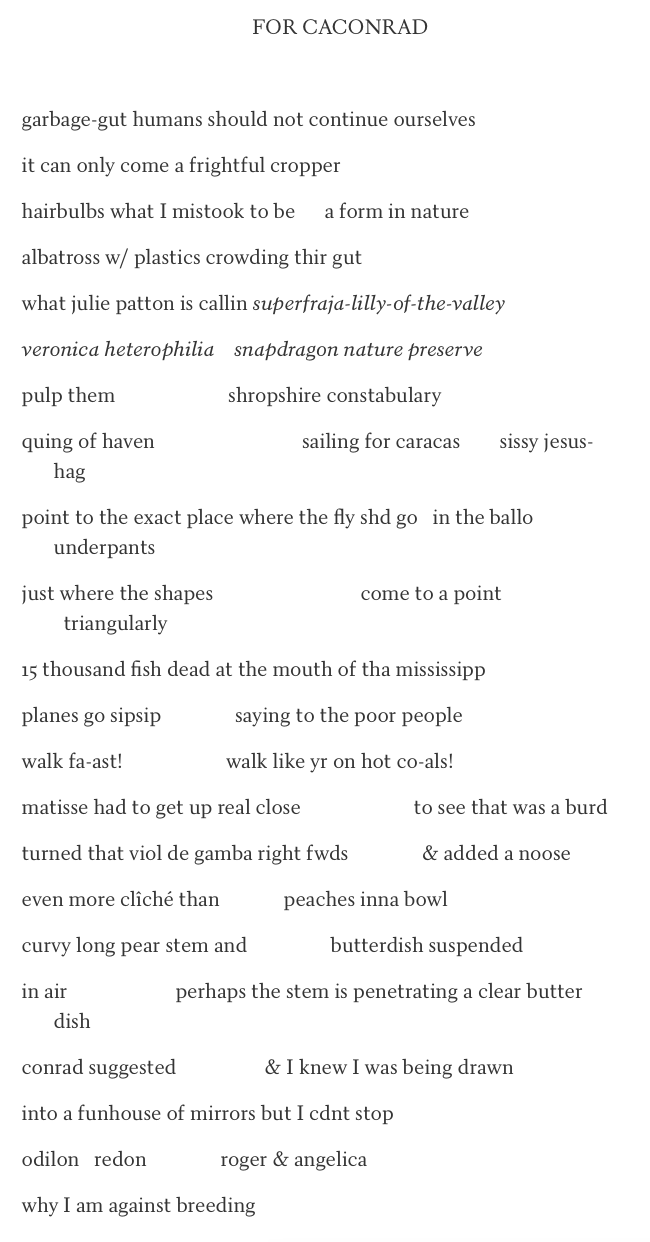J'étais arrivé à la poésie anglaise par plusieurs portes. L'une d'elles est la musique. Par exemple Loreena McKennit, dont la musique, d'une certaine manière, explique les rythmes des poèmes qu'elle reprend. J'imagine ça comme l'art du barde.
Sans y comprendre grand chose, ma fille aime que je lui chante The Highwayman, publié en 1906 par Alfred Noyes, le soir pour s'endormir. Ce poème est digne d'un film tout entier. J'ai dû l'apprendre pour elle, et lui expliquer l'histoire. Et elle demande, pendant la chanson, "et là est-ce que les méchants sont déjà arrivés" ? Comment ne pas être emmené par ces premières lignes là, dont les images n'ont rien à rendre aux meilleures scènes d'ouverture au cinéma :
The wind was a torrent of darkness among the gusty trees.
The moon was a ghostly galleon tossed upon cloudy seas.
The road was a ribbon of moonlight over the purple moor, (...)
et comment ne pas vouloir imaginer, avec celles-ci, la scène de suspense qu'on aurait faite aujourd'hui avec ce passage, où des soldats postés à une fenêtre attendent le retour d'un brigand, et où Bess, son amante, ligotée pendant l'attente, fait son possible pour trouver un moyen de le prévenir :
She twisted her hands behind her; but all the knots held good!
She writhed her hands till her fingers were wet with sweat or blood!
They stretched and strained in the darkness, and the hours crawled by like years
Till, now, on the stroke of midnight,
Cold, on the stroke of midnight,
The tip of one finger touched it! The trigger at least was hers!
Mais moi, une qui me touche et me retouche au fil des époques sans jamais laisser indifférent, c'est The Two Trees, écrit en 1893 par William Butler Yeats.
Je suis sûr que tout le monde sur ce forum y reconnaîtra des mouvements et des époques de sa propre vie. Et encore une fois, je trouve qu'une mise en musique souligne ces mouvements sans les dénaturer.
Il y a tellement d'instants parfaits là dedans...
https://www.youtube.com/watch?v=Arm3qDFOCm8
Beloved, gaze in thine own heart,
The holy tree is growing there;
From joy the holy branches start,
And all the trembling flowers they bear.
The changing colours of its fruit
Have dowered the stars with merry light;
The surety of its hidden root
Has planted quiet in the night;
The shaking of its leafy head
Has given the waves their melody,
And made my lips and music wed,
Murmuring a wizard song for thee.
There the Loves a circle go,
The flaming circle of our days,
Gyring, spiring to and fro
In those great ignorant leafy ways;
Remembering all that shaken hair
And how the wingèd sandals dart,
Thine eyes grow full of tender care:
Beloved, gaze in thine own heart.
Gaze no more in the bitter glass
The demons, with their subtle guile,
Lift up before us when they pass,
Or only gaze a little while;
For there a fatal image grows
That the stormy night receives,
Roots half hidden under snows,
Broken boughs and blackened leaves.
For all things turn to barrenness
In the dim glass the demons hold,
The glass of outer weariness,
Made when God slept in times of old.
There, through the broken branches, go
The ravens of unresting thought;
Flying, crying, to and fro,
Cruel claw and hungry throat,
Or else they stand and sniff the wind,
And shake their ragged wings; alas!
Thy tender eyes grow all unkind:
Gaze no more in the bitter glass.


